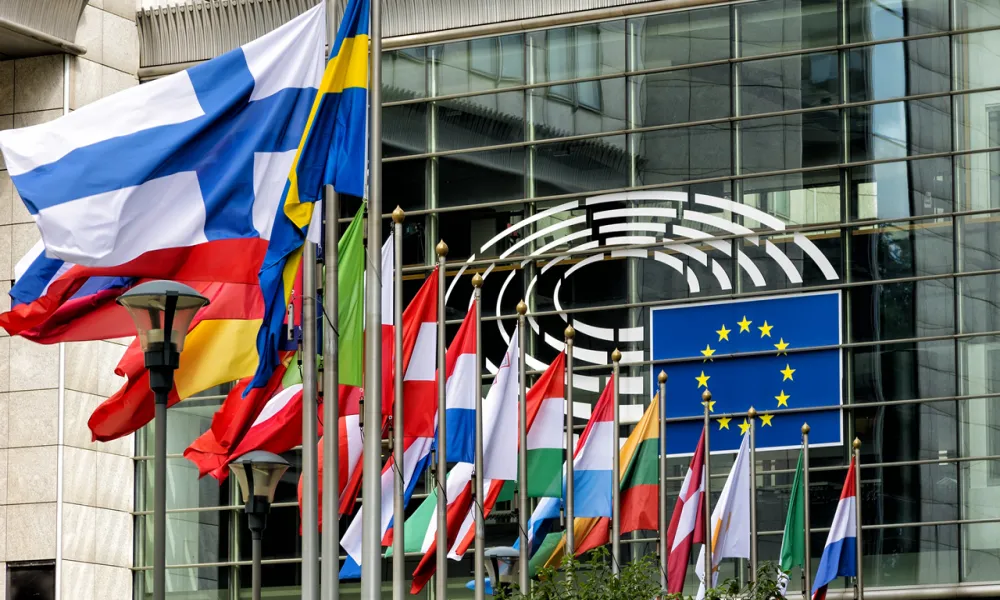Young people across Europe are among the strongest supporters of further EU enlargement, according to a new Special Eurobarometer survey published by the European Commission.
The survey found that around two-thirds of respondents aged 15 to 39 believe candidate and potential candidate countries should join the EU once they meet the necessary conditions. More than half of young Europeans (56%) said they view enlargement as beneficial for their own country.
Security, economy and global role seen as key benefits
Respondents identified security and defence, economic growth and competitiveness, and greater global influence for the EU as the main advantages of expansion.
However, the survey also revealed gaps in awareness, with 67% of citizens across the bloc saying they do not feel well informed about EU enlargement.
Candidate countries show varied levels of support
The research included surveys in candidate and potential candidate countries, where support for EU accession remains generally strong.
In the Western Balkans, Albania recorded the highest levels of support with 91%, followed by North Macedonia with 69%. In contrast, Serbia showed the lowest support in the region, with only 33% backing membership.
In the Eastern Neighbourhood, 74% of respondents in Georgia and 68% in Ukraine expressed support for EU accession. In Moldova, 55% of citizens said they have a positive view of the EU, compared with 49% in Ukraine and 43% in Georgia.
Albania also recorded the most positive image of the EU (82%), while Serbia ranked lowest at 38%.
A similar survey in Turkey showed that 49.9% of citizens support EU membership. Just over half (50.7%) said they hold a positive view of the Union.
Informing future policy and communication
The European Commission said the survey results will guide its efforts to engage citizens on enlargement policy both within the EU and in candidate countries. They will also inform how the Commission communicates progress in future enlargement reports.
The Special Eurobarometer and perception surveys were conducted through face-to-face interviews between February and June 2025. The full results and country-specific factsheets are available online.
